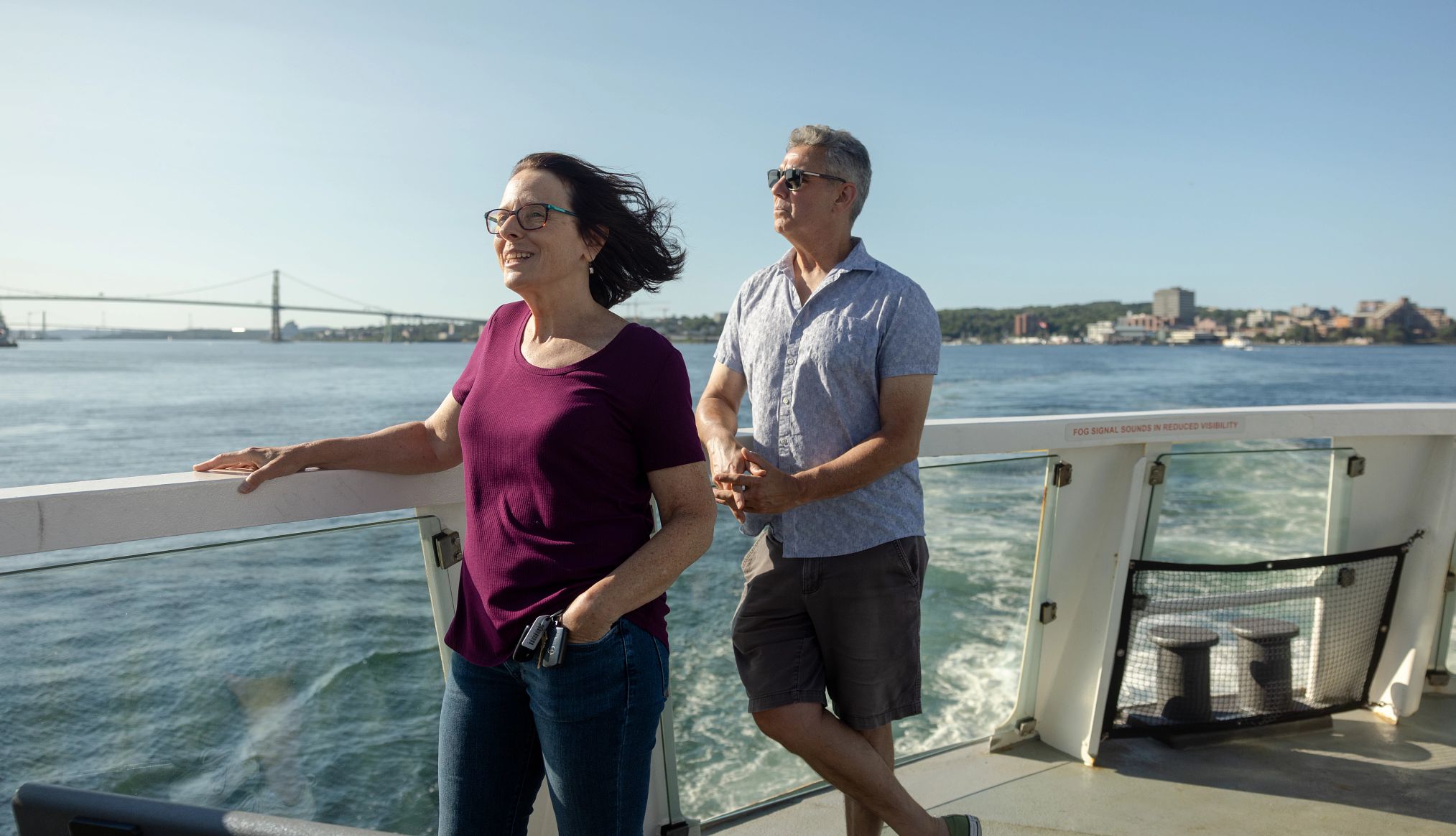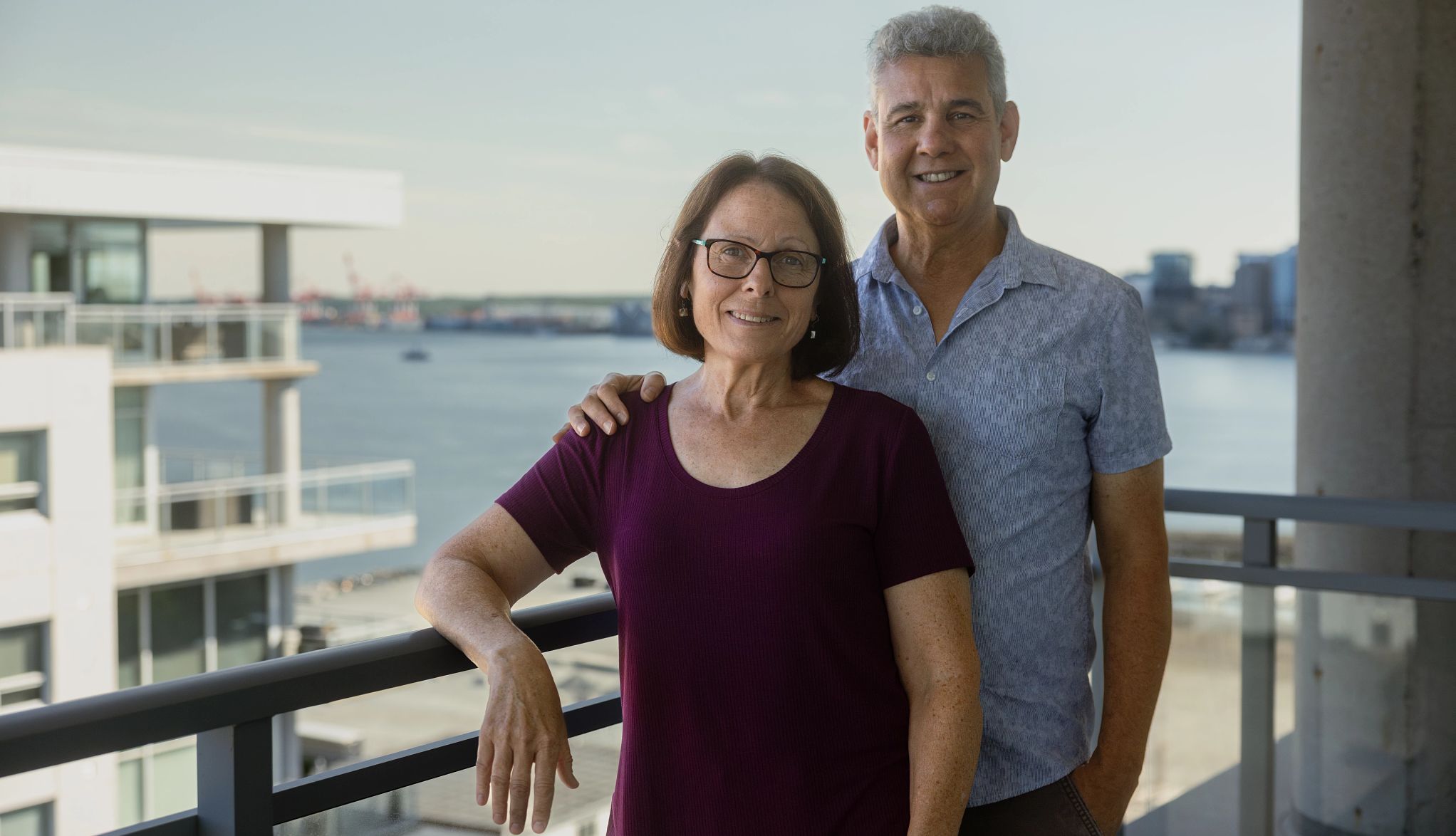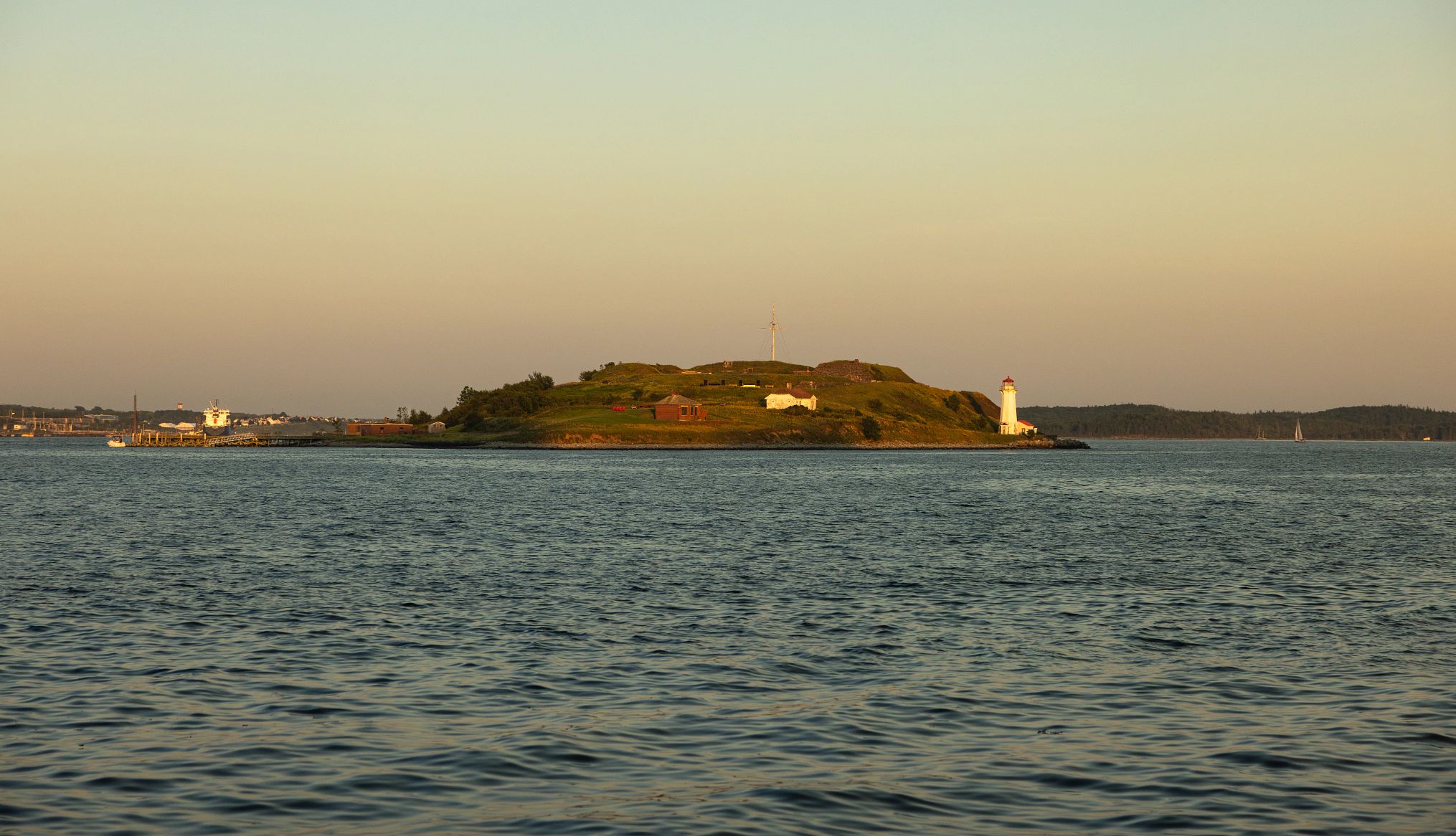AARP Hearing Center


DARTMOUTH, NOVA SCOTIA — My wife and I arrived in Canada as residents in July 2023, maneuvering our overstuffed SUV 1,100 miles from our Baltimore home to start a new life at age 63.
If we were the types who followed the script, we were going in the wrong direction. Our schlep northeast didn’t fit the later-in-life relo program. Snowbirds? Beaches? Golf courses festooned with tropical foliage, umbrellas aslant in 19th hole cocktails? Far from it.


AARP Membership— $12 for your first year when you sign up for Automatic Renewal
Get instant access to members-only products and hundreds of discounts, a free second membership, and a subscription to AARP the Magazine.
Still, family and friends — those who knew us well, as established realists with a tendency to drift off into dreamland — were only mildly surprised when we broke the news of our planned move. They’d heard several versions of this tale before. They called us crazy.
“We’ll see you when you get back,” they said.
We understood. Call us wanderlusters, novelty-seekers, risk-takers or just a couple of fools who want to see if we can swim, or at least not sink, in a whole new sea. Even as we’ve spent decades as faithful native-born Baltimoreans, we’ve long suffered from restlessness. We just could never get moving.
Flirting with a change of scenery
There were those two months, around 35 years ago, when Judy and I bused our way through Mexico and much of Central America in search of a colorful place to plunk ourselves down. We couldn’t help but notice that women, particularly American women, weren’t all that welcome in the back-road villages and remote spots we preferred. Nix the otherworldly shores and rainforests of Belize and Costa Rica.
There was that infatuation with Minneapolis in the early ’90s, around the time we started having kids. Friends had moved there. I loved the place — its thriving music scene, supper clubs and quirky wholesomeness, especially relative to the hard-boiled East Coast. (Needless to say, I never visited the Twin Cities in the winter.) Still, we didn’t budge.
Later, in the 2000s, job offers came in from Hartford, Connecticut, and San Antonio. We’d talk about doing the replanting thing but ultimately conclude it was best for the kids to grow up around their extended family, which then included their aging grandparents.
A decade later, after the kids were launched and as we both came down with work-weariness, we saw little sense in maintaining a large family house when it was just the two of us and a dog. This time, we said, we’ll make plans and follow through on them. We were resolute!


We undertook a series of fact-finding missions, or what sane people call “vacations.” Portland and Eugene, Oregon. San Francisco. North Carolina's Blue Ridge region. And, as if we really were dreaming, Vancouver and Victoria in British Columbia and Halifax, Nova Scotia.
If we didn’t hit the road now, we reasoned, we never would. We worried that the next move, much further down the road, would be made for us, not by us.
































































You Might Also Like
How to Protect Your Retirement Savings
Poor investment returns early can hurt you more than losses later
Top 5 States Where Retirees Are Moving
South Carolina gained on Florida as retirement relocations took a big jump in 2023Retiring in Florida? Get to Know the Pros and Cons
Sun, golf and low taxes … plus hurricanes, bugs galore8 Places to Retire in Europe
The basics on getting residency, health care and moreRecommended for You